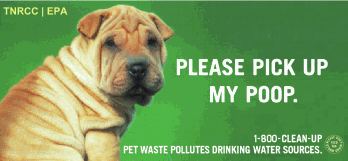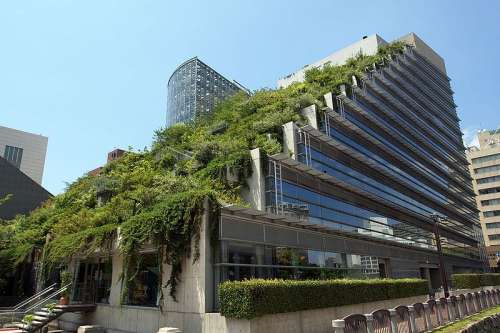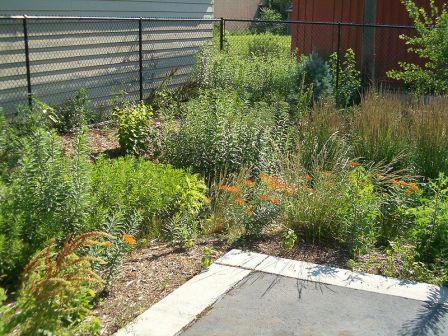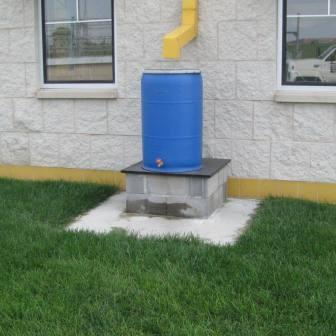Simple Tips To Get You Started
Stormwater is rain that falls on Omaha’s streets, parking areas, sports fields, gravel lots, rooftops or other developed land. This water picks up and mixes with what’s on the ground, including:
- Oil, grease, metals and coolants from vehicles
- Fertilizers, pesticides and other chemicals from gardens and homes
- Bacteria from pet wastes and failing septic systems
- Soil from construction sites and other bare ground
- Soaps from car or equipment washing
- Accidental spills, leaky storage containers, and more.
The polluted, contaminated water then runs through the municipal storm drain system and eventually drains into the Papillion Creek System, the Missouri River and the Elkhorn River. This untreated water enters our waterways and proceeds to kill fish, destroy wildlife habitats, and contaminate the water we boat in, swim in – and drink. It’s a risk to our environment and a risk to our health.
Here’s how you can keep our waters clean:
Trash Litter
Litter disposed of in a storm drain can choke, suffocate and disable aquatic life. Dispose of your litter by throwing it in a trashcan or by recycling it. In addition, do your part by properly disposing of the litter you find in the street or on the sidewalk.
Wash Your Car With Care
Washing your car in the driveway creates a runoff of soap and other chemicals that ends up in the nearest storm drain. You can either take your car to a self-service car wash, which is designed with special drains for proper disposal, or wash your car on your lawn. The dirt in your lawn will act as a filter for the soap.
Plant Trees
One of the best things residents can do to improve stormwater quality is to plant trees. Tree leaves help slow rain as it falls to the ground, thus increasing water absorption. Leaf litter on the ground also slows stormwater runoff and keeps the soil surface looser, so more water can be absorbed rather than run off. Tree roots hold soil, preventing sediment from washing away with stormwater. And trees cycle water from the soil back to the atmosphere.
 Pick Up Pet Waste
Pick Up Pet Waste
Pet waste dumped in storm drains goes straight into your rivers and lakes, contaminating the water. Even when you leave waste on your lawn, harmful bacteria can make its way into the drains, causing the same damage. It’s best to dispose of waste in the trash or, better yet, flush it down the toilet, where it will be properly treated.
Know Where To Dispose Of Household Chemicals
Cleaning products and other household chemicals should never be dumped outside, down the sink or down a storm drain. You can dispose of your household chemicals for free at Under the Sink, the city’s household hazardous waste disposal facility. Check their website for drop-off information: www.underthesink.org.
Contain Your Rain
Green techniques such as rain gardens, rain barrels, and green roofs can reduce stormwater runoff as well as reduce water consumption and lower utility bills. Click the link below to view “Reduce Runoff: Slow It Down, Spread It Out, Soak It In“, a video produced by the U.S. Environmental Protection Agency and the U.S. Botanic Garden to highlight these types of techniques.
Reduce Runoff, Slow It Down, Spread It Out, Soak It In



